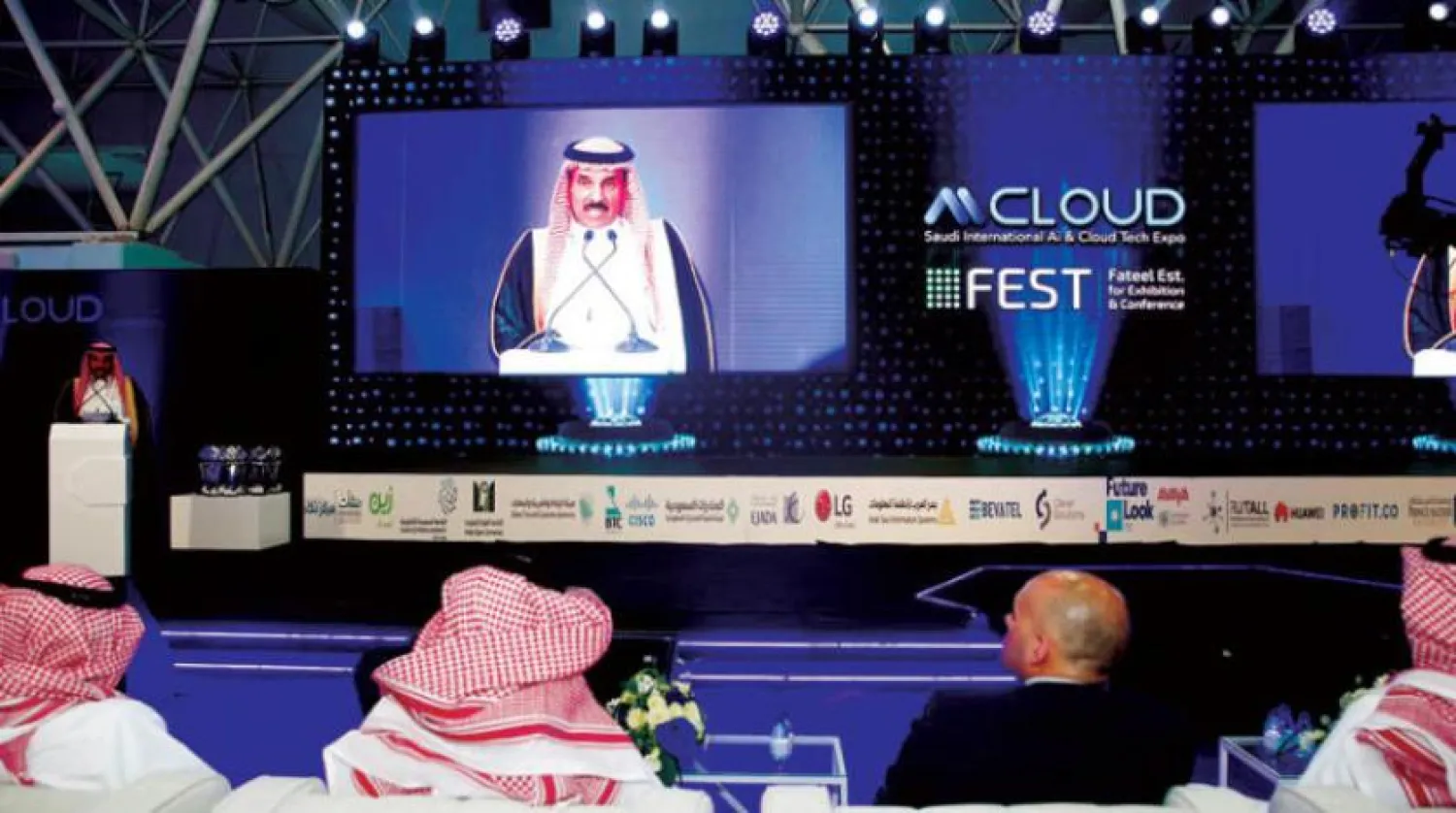Exceptional times experienced by the world, considering the lessons learned from the coronavirus pandemic and its aftermath, require a broader investment in technology, said Wafi bin Hammad Albalawi, vice president of the Saudi Electronic University.
He said that maximizing investment in tech will help the world benefit from its practical value, reduce costs, and meet global needs at a time when the use of artificial intelligence and technology alternatives is increasing in vital sectors at an accelerating pace.
The International Exhibition and Conference on Artificial Intelligence and Cloud Computing, held in Riyadh, had called for the importance of expanding investments in artificial intelligence technologies to meet the future needs.
Albalawi stated that investing in advanced digital solutions is an urgent necessity to replace traditional systems in the fields of work, mobility, medicine, economy, and communications.
“There is a burst of knowledge and a digital transformation that Saudi Arabia is witnessing at all levels,” Albalawi told Asharq Al-Awsat, adding that the burst most notably occurred in the Kingdom’s industrial, educational, and logistical sectors.
For the future, the Kingdom plans creating a digital economy through which it leads the Middle East region as a force aspiring to increase digitization rates and investment in technology.
Albalawi pointed to a recent study conducted by the US-based company Accenture, which said that investment in artificial intelligence will increase the Saudi gross domestic product by 12.5 % and will inject more than $215 billion into the Saudi economy by 2035.
Saudi Arabia is hosting the International Exhibition and Conference for Artificial Intelligence and Cloud Computing from May 22 to 24. The event features leaders and pioneers in the technology sectors, both in local, global government and private institutions.
This conference is one of the most specialized and widely spread events globally and seeks to foster innovation and increase competitiveness.
It offers a platform for collaboration between AI leaders and investors to create a better future. The conference offers discussion panels and workshops that will address relevant topics such as artificial intelligence, data science, internet, cybersecurity, big data, and more.
Moreover, Saudi Arabia seeks to digitize many vital sectors and adopt technological transformation through steps based on digital solutions, to improve performance, reduce costs and raise efficiency, as well as creating an attractive environment for investors and entrepreneurs.










